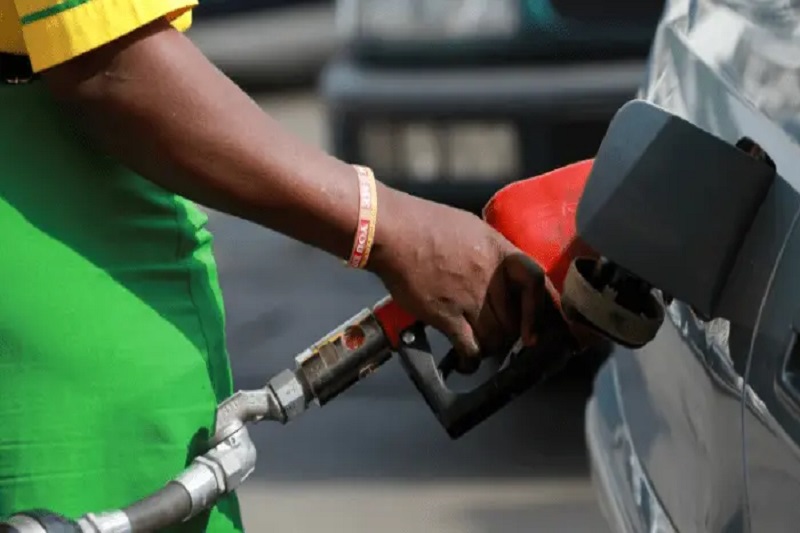Nigeria is currently experiencing fuel shortages and long queues at filling stations in major cities after President Bola Tinubu announced the removal of fuel subsidies in his inaugural speech.
Many filling stations have either closed or are selling fuel above the approved pump price, causing frustration among customers.
Panic buying and increased prices have been reported, with some videos circulating on social media showing prices rising by over 200%.
As a result, drivers of private buses, a common means of transportation, have been unable to fill up their vehicles, leaving people stranded at bus stops in Abuja and Lagos.
President Tinubu explained that the fuel subsidy was removed due to budgetary concerns and the realization that it primarily benefited the wealthy while becoming increasingly costly to maintain.
The subsidy, which has been in place since the 1970s, had been a significant drain on government finances.
The president emphasized that funds previously allocated to subsidies would now be redirected towards areas such as public infrastructure, education, healthcare, and job creation.
Related Posts
While the state oil company assures the public that there is sufficient fuel supply and advises against panic buying, Nigerians have expressed frustration with the scarcity.
Some petroleum marketing associations have also voiced their disagreement with President Tinubu’s decision, calling for dialogue before implementing the subsidy removal.
The removal of fuel subsidies marks a significant change in Nigeria’s policy and aims to address the financial strain caused by subsidizing petroleum products.
However, the immediate effect has been fuel shortages and increased prices, leading to challenges for both motorists and public transportation users.
The Nigerian Midstream and Downstream Petroleum Regulatory Authority has sought to reassure Nigerians that there is enough fuel supply to meet demand, urging them not to panic.

